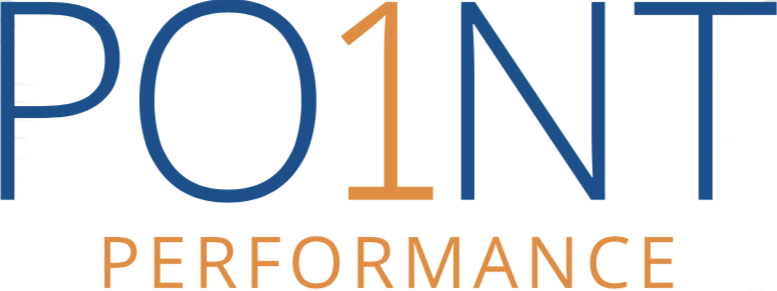
The neck plays a crucial role: it holds up the head. And that head can weigh about 10 pounds, which is not insignificant. For that reason, the neck is actually quite strong, but endures a lot of stress.
The neck usually suffers injury in situations such as whiplash in car accidents, falls, and other situations involving the head. But more typically, neck pain results from overuse or improper ergonomics, such as sitting at a computer or staring down at a mobile device. Sometimes a night on a poor pillow or awkward sleeping position will also contribute to a stiff neck. The neck is also the source of pain from general stress which causes the body to tense up in that area and around the shoulders as well.
How do you prevent neck pain?
At work
Pain that is generated from everyday use can be prevented or diminished with a few adjustments to your working lifestyle. If you use a computer, make sure your chair is set up correctly and that your eye level is at the computer monitor. You can also tilt the screen to avoid glare and to keep your head looking straight, not down.
If you work at a laptop, try to connect to a computer monitor when possible. If you’re on the go and need to pop open your laptop, take frequent breaks to stretch your neck. This video shows a great way to relieve computer-related neck and shoulder strain while correcting your posture.
On your phone
If you’re using your phone, make sure to hold it at eye level as if you’re taking a photo. Or, just put your phone away! The phone screen should be used minimally – only until you’re able to get to a larger monitor. The small screen forces people to strain their eyes—and neck—which can lead to pain after prolonged use.
While sleeping
If you wake up frequently in the morning with neck pain, your pillow may be the culprit. Avoid using a pillow that is too firm and too high because it will cause your neck to flex all night. If you are a side sleeper, use a pillow that is higher in the neck than on your head. Try to use a feather pillow, which can mold to your head and neck shape, or a memory foam pillow.
In some cases, neck pain is actually caused by lack of sleep. If you have trouble falling asleep, wake up frequently, or still feel tired after a night, your body muscles (and therefore your neck) hasn’t had adequate time to rest and relax. Turning off the TV, phone or computer an hour before sleep, exercising about six hours before bedtime, going to bed earlier, and turning down the temperature can help induce better sleep. If none of those work, try visiting a sleep specialist.
While stressed
Stressful situations occur, but if you tend to lead a busy schedule with many tight deadlines, meetings, expectations, and are constantly on the go, it helps to take scheduled breaks. Try meditation, yoga, even just some breathing exercises. All can help loosen the tension in your shoulders and neck.
How do you treat neck pain?
Neck pain that is caused by the above situations and not from an accident can be treated a number of ways.
- Over the counter pain medication.
- Gentle neck stretches. (Watch this video and this video to see how to do an easy stretch)
Neck pain can also stem into the back and trapezius, shoulders and head. Stretching and massaging those areas can also help relax and loosen the neck muscles as well.
If your pain persists, you can also see a physiatrist about some other medical options and to examine whether the pain is caused by something else. A physical therapist can also provide exercises targeted at the muscles experiencing pain and use some manual therapy to reduce the pressure in that region.
